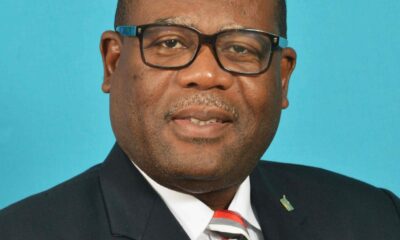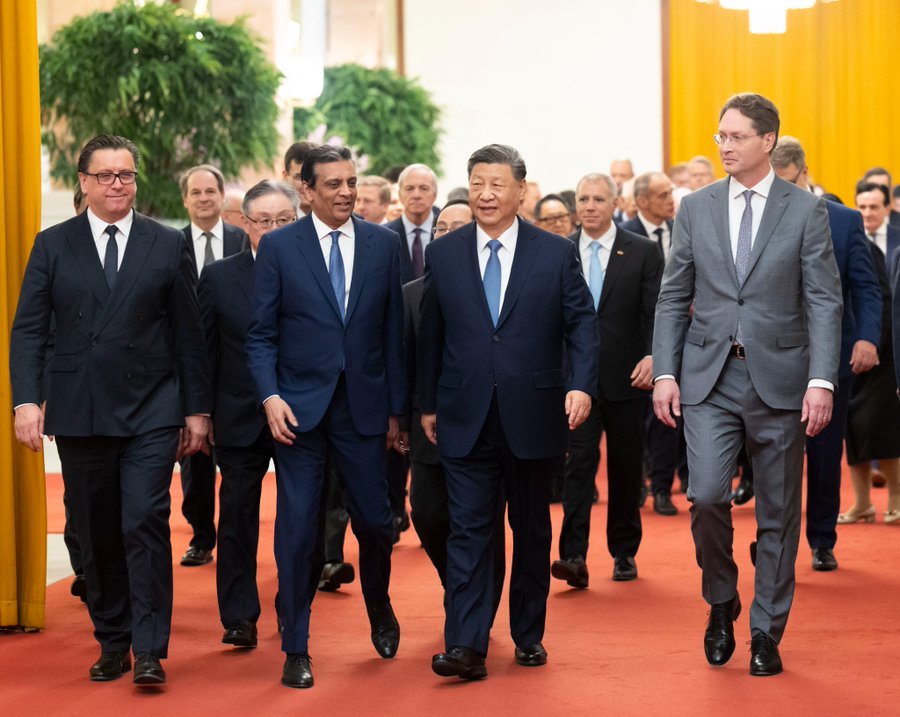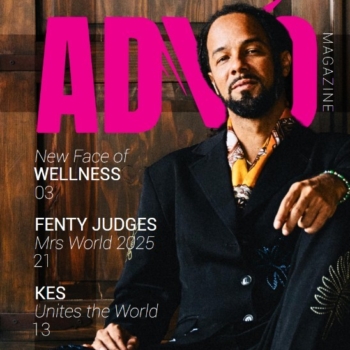International
Russia agrees to finance reconstructionin Ukraine

International
China’s Xi Jinping tells top global CEOs to use their influence to defend trade
International
US to Negotiate with Regional Governments on Hiring of Cuban Doctors
International
Honda to produce next Civic in Indiana, not Mexico, due to US tariffs
-
Business4 weeks ago
Sandals on board with Christ Church Girls ‘Green Machine’ once more
-

 Business4 weeks ago
Business4 weeks agoCCREEE Announces New Executive Board Leadership and Welcomes New CARICOM
-

 International3 weeks ago
International3 weeks agoShirley Chisholm Takes Centre Stage In New York
-

 Local3 weeks ago
Local3 weeks agoCTUSAB Calls for Greater Tax Relief and Cost of Living Measures in Budget 2025
-

 Tourism3 weeks ago
Tourism3 weeks agoBEACHES® RESORTS ANNOUNCES NEARLY US $1B IN EXPANSION PLANS FOR ITS PREMIER FAMILY TRAVEL BRAND
-

 Environment3 weeks ago
Environment3 weeks agoSenator Cummins Calls For Action At SEforAll Global Forum
-

 International4 weeks ago
International4 weeks agoThe One-China Principle is Undeniable
-

 Local4 weeks ago
Local4 weeks agoSandals Resorts Barbados Celebrates Excellence at 10th Annual Prestige Awards





















